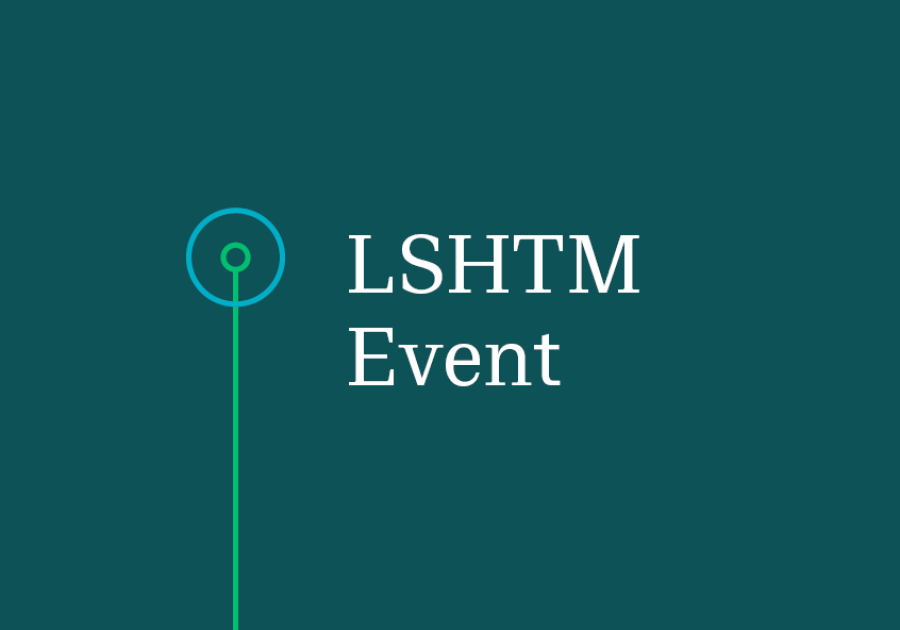Complex role of families in enabling sex trafficking in Edo, Nigeria, and connections to intersectionality

Families represent the basic unit of every society. As they are bounded by blood, they are expectedly a haven for their members. Unfortunately, they could as well present a threat, evidence by their roles in facilitating sex trafficking in Edo, Nigeria. The connections between families and sex trafficking were explored as a part of a large-scale qualitative PhD study with 101 participants in Edo. Through a combination of in-depth interviews and group discussions guided by phenomenological enquiries, the researcher interacted with survivors of sex trafficking, local sex workers, community residents, and representatives of government and non-government agencies that work with survivors.
Findings reveal the supportive roles played by families in the facilitation of their members into sex trafficking, and the reasons they do so. This was largely supported by the shared symbols of families across communities. Vulnerable families were identified as those without fathers, as well as those whose parents are older adults and uneducated. This adds to poverty as the primary indicator of vulnerable households. Women became more vulnerable to sex trafficking by being in such families, which validates the intersectionality theory. Therefore, a comprehensive anti-sex trafficking intervention must seek to address the vulnerabilities of women in the context of their families.
Speaker
Prince Agwu, University of Nigeria and University of Dundee, Scotland
Prince Agwu is an academic staff at the Department of Social Work, University of Nigeria, a Research Fellow at the Health Policy Research Group – University of Nigeria, and a Commonwealth Alumnus of the University of Dundee, UK. His research niche is in social policy, focusing on migration, health, and education. Agwu’s PhD research examines the drivers and interventions within sex work migration vis-à-vis sex trafficking in Edo State, Nigeria. He has to his credit several refereed publications and led the first published systematic review on sex work migration.
Agwu is the African Section Editor of the Social Work and Social Sciences Review, a Review Editor for the International Journal of Public Health, and a reviewer for over 15 academic journals. He has attracted and participated in several funded studies by the Bill and Melinda Gates Foundation; Foreign Commonwealth and Development Office; World Health Organization; Health Systems Research Initiative, among others.
Findings from his PhD research were presented in an Erasmus Funded Mobility Programme at the University of Wurzburg-Schweinfurt, Germany. Lastly, he is the Communication Focal Person for the African Health Observatory Platform, Nigeria National Centre.
Please note that the recording link will be listed on this page when available.
Admission
Contact